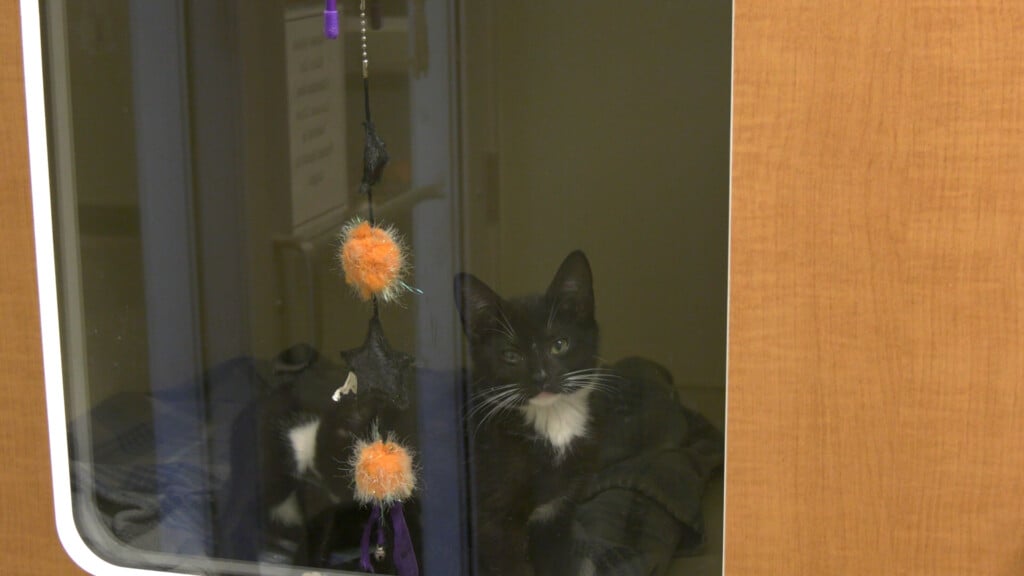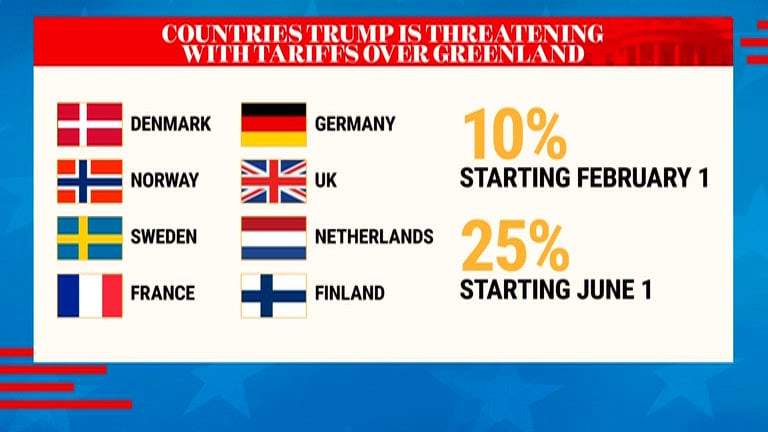Animal shelters and welfare organizations team up to slow down rate of euthanasia
“We have to euthanize every once and a while for time and space," said Tracey Weathers, the shelter manager.

MACON, Georgia (41NBC/WMGT) — Data from Best Friends Animal Society shows that the U.S. is close to the organization’s goal of saving 90% of cats and dogs that come to shelters annually by 2025, but Georgia is trending backwards in adoptions in recent years.
Gina Burrows is a strategist for Best Friends Animal Society’s East region. She says that the organization is hard at work on campaigns that make adoption more attractive as opposed to purchasing from a breeder or store.
“Unfortunately this is actually the second year in a row that Georgia is ranked fifth nationwide for having the largest lifesaving gap,” Burrows said. “We have more counties in Georgia than any state other than Texas, which means a lot of those counties being so small have really small animal control units or no animal control units. So that’s something that we really struggle with.”
Shelters and animal welfare organizations are teaming up to decrease the rate of euthanasia in Middle Georgia and across the country. Cats and dogs at Macon-Bibb County animal welfare are typically safe from euthanasia for at least four weeks. The shelter says their euthanasia rate rarely goes above twenty percent.
“We have to euthanize every once and a while for time and space,” said Tracey Weathers, the shelter manager. “That means that an animal has been here for 28 days. We can’t find an adopter, we can’t find a rescue, nobody wants them, and we have to pick up more animals. So, in order for us to save more animals we have to make room for those animals.”
Weathers says Macon-Bibb county animal welfare focuses on keeping animals in their homes and avoiding a stay at a local shelter. This includes helping those in the community figure out low cost options for spaying and neutering, as well as access to dog and cat food for those who are struggling financially. When pets are forced to come in, Weathers says the shelter does all it can to save them.
“I don’t think adoptions have dropped for us,” Weathers said. “But we do rely heavily on transferring to rescues like 501(c) non profit organizations that take in animals and are no kill shelters. So we send, from Florida all the way up to Canada, Maine, Rhode Island, New Hampshire. We send our animals if it means saving their lives.”



